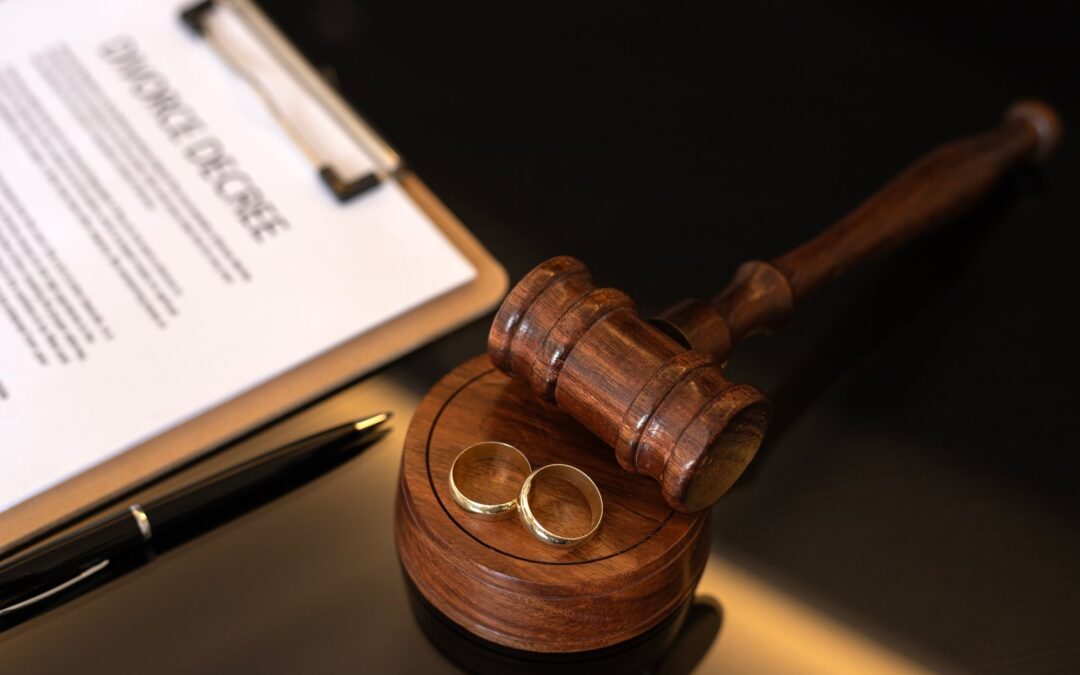Typically, once the court decides on your divorce case, there isn’t much you can do to change the result with a few exceptions. If the judge made a significant legal mistake, misapprehended the facts, or misapplied the law, you may have grounds for a motion to reargue or appeal. Otherwise, absent such issues, you would need to show that there is new evidence or a change in the law to have the court revisit its decision. The procedure for asking the court to review its decision because of new information is to file a motion to renew.
What Is a Motion to Renew?
A motion to renew asks the court to consider newly discovered information in the case that would affect the decision. The party seeking the motion must demonstrate both of these components:
- There are new facts or a change in the law that would change the prior determination and
- There is reasonable justification for the failure to present such facts previously.
If the new evidence is not significant enough to change the court’s decision, the motion will not be granted. In addition, even if the evidence would make a difference in the judge’s ruling, the motion will be denied if the party doesn’t have a good reason for failing to produce it during the original court proceeding.
How Do You File a Motion to Renew?
The motion is made to the judge who decided the matter. There is no time limit for filing but it should be filed at the earliest possible time after the new evidence is discovered.
How Does a Motion to Renew Differ From a Motion to Reargue?
A motion to reargue requires showing that the court overlooked or misapprehended the relevant facts in the case or misapplied the law. You cannot introduce any new facts that were not part of the original case as is the divorce case with a motion to renew. Thus, the motion to renew is differentiated from the motion to reargue because you are asking the court to consider new information when revisiting its original decision.
Can You File Both a Motion to Renew and a Motion to Reargue?
You can file both motions if your circumstances warrant it. However, your court papers must separately identify whether the item of relief is being reargued or renewed, and provide appropriate support for each argument therein.
If you discovered new evidence that was not part of your divorce case, contact us to discuss whether a motion to renew or another remedy may be the best way to resolve your matter.

